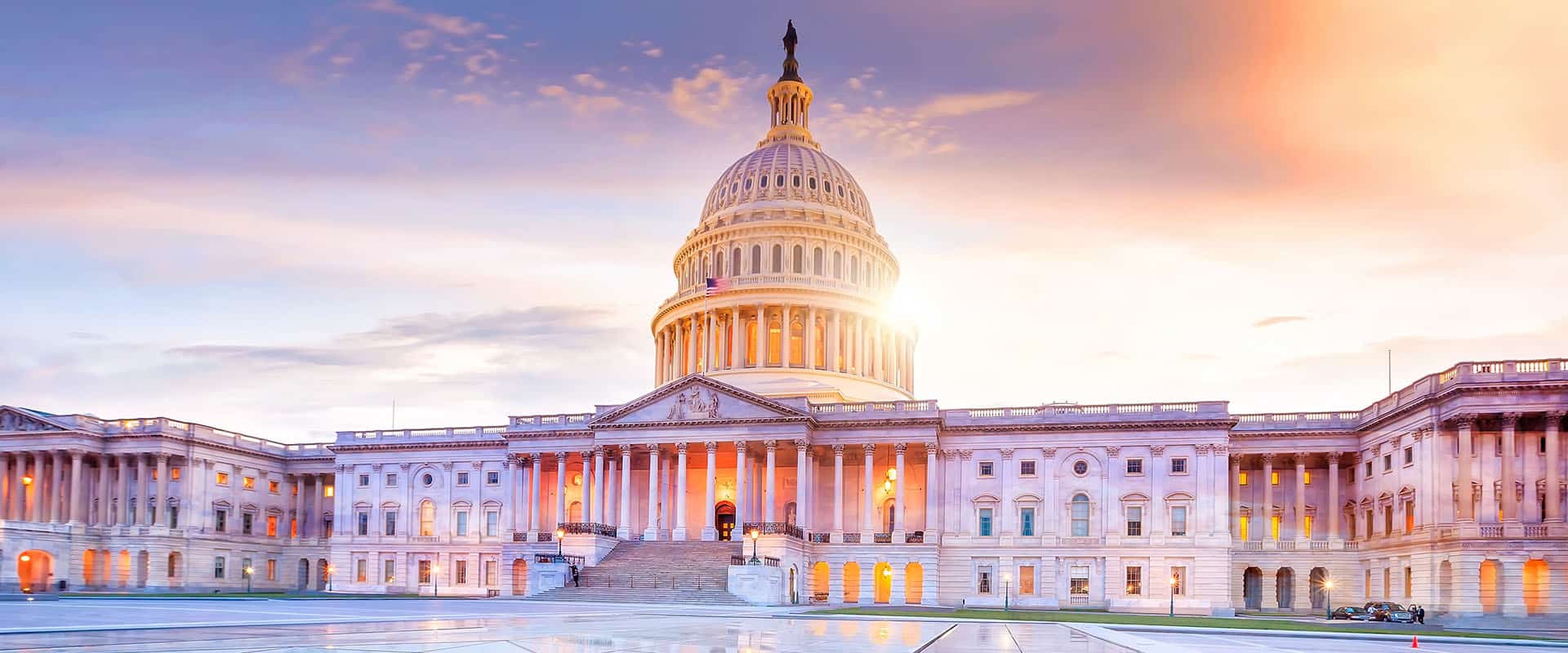CDC Director Resigns
The director of the Centers for Disease Control and Prevention resigned on Wednesday, January 31, after reports that her financial investments created conflicts of interest with the position. Dr. Brenda Fitzgerald was found to have purchased shares in drug, food, and tobacco companies just one month into her tenure as the top public health official in the United States forcing her to recuse herself from discussing important matters within the CDC. Dr. Fitzgerald tendered her resignation after knowledge of these investments became public, stating through a spokesman that she “could not divest from them in a definitive time period,” therefore preventing her from fully engaging in the responsibilities of the CDC Director. The CDC’s principal deputy director, Anne Schuchat, will fill the role of acting director until a new director can be installed.
Academy PAC Makes Early Investments in 2018 Races
The American Academy of Audiology PAC supported Congressman John Garamendi (D-CA), a long-time champion for hearing health care and a previous sponsor of the Access to Frontline Health Care Act. The Academy’s contribution allowed California Academy of Audiology Board members Jacque Georgeson, AuD, and Michelle Griffin, AuD, to attend Congressman Garamendi’s 8th Annual Crab Feed Dinner in Vacaville, CA. This contribution also allowed Academy advocacy staff to attend an event in Washington, DC, for Congressman Garamendi, further demonstrating the important impact that individual audiologists have in supporting the policy priorities of the Academy.
Additionally, on January 25, the National Republican Campaign Committee and the Democratic Congressional Campaign Committee both held political briefings to update PAC donors about their activities. The Academy’s advocacy staff attended these briefings to observe presentations about the committees’ political priorities and fundraising goals at the outset of 2018. The Academy is awarded this benefit because of sizeable PAC contributions made to both committees in January 2018. The Academy remains actively engaged in identifying candidates and members of Congress from both parties who will champion legislation that addresses issues impacting audiologists and hearing health care in general.
The Academy’s PAC is supported entirely by contributions from Academy members. Click here to learn more about the PAC and make your annual gift. If you are interested in attending a local PAC event for your member of Congress on behalf of the Academy, please sign up for the Academy’s Grassroots Advocacy Network or contact associate director, government relations Adam Finkel for more information.
Federal Government Reopens after Partial Shutdown
On January 23, Federal government operations reopened after a three-day partial showdown. The House of Representatives had passed a short-term funding measure to keep the government open through February 16 on Thursday, January 18, but the U.S. Senate failed to reach an agreement on government funding before the current deal expired at midnight on Friday. Certain services, such as USPS, airport control towers, and Medicare claims processing remained open during the shutdown. On Monday, January 22, the Senate voted to advance stopgap funding bill that would extend funding through February 8, and the House approved the same bill shortly thereafter. This legislation also extended funding for the Children’s Health Insurance Program (CHIP) for the next six years.
Senate Passes VETS Act
On January 3, the U.S. Senate passed the Veterans in E-Health and Telemedicine Support (VETS) Act of 2017. This legislation will expand the authority of Department of Veterans Affairs medical providers to provide services via telehealth regardless of the state where the practitioner and the patient are physically located. The House passed companion legislation in November. There are slight differences in language between the two bills that will need to be remedied prior to the legislation signed into law by President Trump. The Academy has previously supported this concept and, in late October, filed comments with the Department of Veterans Affairs on a related proposal that would allow VA health care providers, including the approximately 1,300 audiologists employed by the VA, to provide care to patients via telehealth regardless of where the provider or beneficiary is located. VA Secretary David Shulkin asked Congress to pass this legislation to provide explicit authority to implement the proposed rulemaking.
Related Posts
CMS Issues Final Rule to Improve Access, Accountability, and Transparency in Medicaid Managed Care
The Centers for Medicare and Medicaid (CMS) recently issued a final rule aimed at improving access to care, accountability and transparency for the more than 70…
April 2024 State Legislative Update
In early April, as 19 state legislatures concluded their sessions for the year, a flurry of legislative activity marked the landscape, particularly in audiology and…
Medicare Advantage Plans Now Required to Inform Beneficiaries of Hearing Benefits
On April 4, 2024, the Centers for Medicare and Medicaid Services (CMS) issued a final rule that updates the Medicare Advantage Program for 2025. In…


